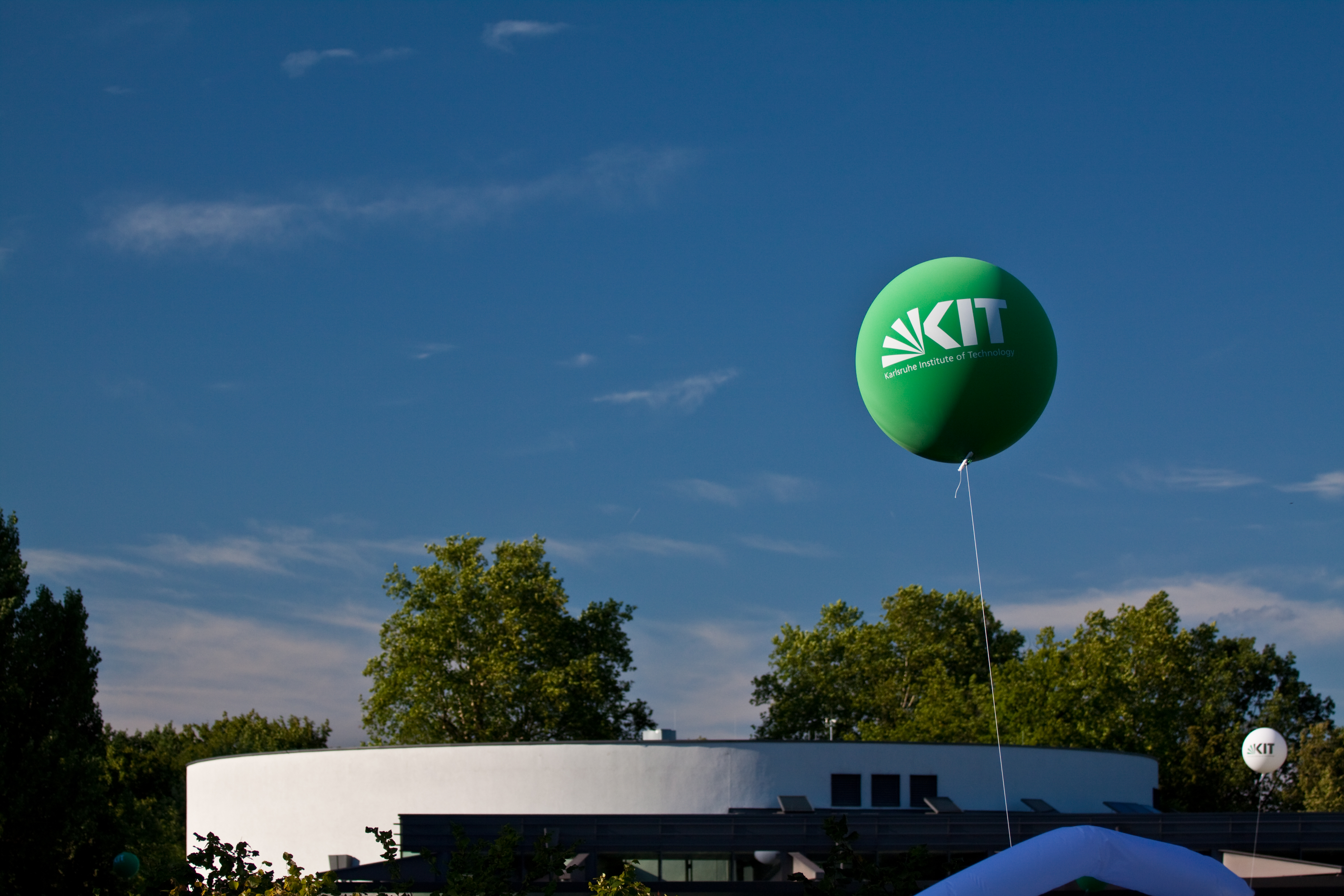Your stay at KIT is coming up soon. There are a few important things you need to take care of in advance. The IScO advisory and support team will be happy to help you keep track of everything.
The overview provides useful information and tips for planning your stay before you arrive in Germany.
Citizens of Australia, Israel, Japan, Canada, the Republic of Korea, New Zealand, the United Kingdom of Great Britain and Northern Ireland and the USA can enter Germany without a visa for the purpose of gainful employment. Before taking up an employment, you must apply for a residence permit directly at the foreigners authority at your place of residence in Germany. This regulation only applies to persons who are nationals of one of the above-mentioned countries. However, if you intend to take up employment immediately upon entry, we recommend that you apply for a visa from your German mission in your home country or country of residence and contact us in advance.
All other third-country nationals generally require a visa for stays in Germany. You must apply for a visa at a German diplomatic mission in your home country or country of residence before entering Germany. If you are staying in Germany for longer than 90 days, you must apply for a valid residence permit at the relevant immigration office in Karlsruhe after entering the country.
Please note:
Visiting Scientists, including scholarship holders from a third country, require a Hosting Agreement as the basis for issuing a visa.
If an employment contract is to be concluded with KIT, a Hosting Agreement can be considered as the basis for issuing a visa or a EU Blue Card.
Please note: You need a contact person at a KIT host institute to register your stay via Mobility Online!
As of May 1, 2024, Visiting Scientists are obliged to register their research stay at KIT via Mobility Online.
Once you have successfully registered, you also have the option of requesting Welcome Services from the ISCO.
If you are traveling to Germany from a third country, you will also receive the Hosting Agreement for the visa application directly via your Mobility Online account.
- Copies of your doctoral certificate should be notarized and ideally be available in German and English translation.
- If you are receiving a scholarship: Confirmation letter or letter of funding from the scholarship provider.
- Marriage certificate and birth certificate(s) should be brought along in German and English translation and notarized. In some cases, a certificate of authenticity (Hague Apostille) may be required.

